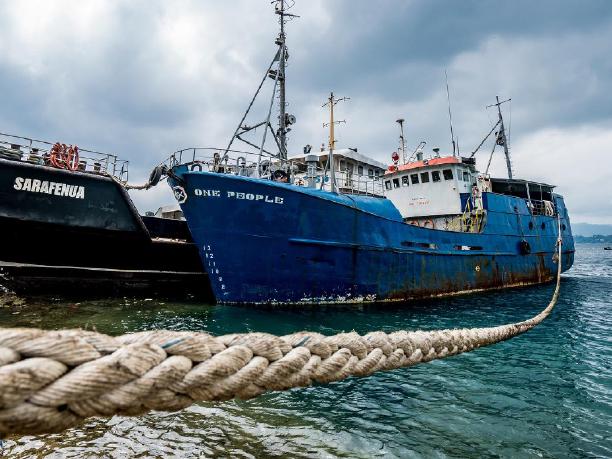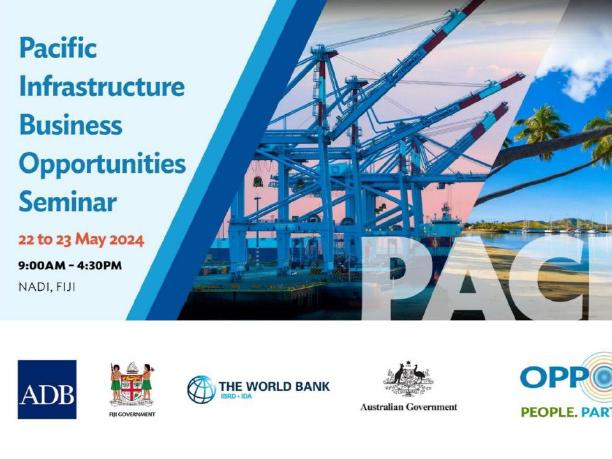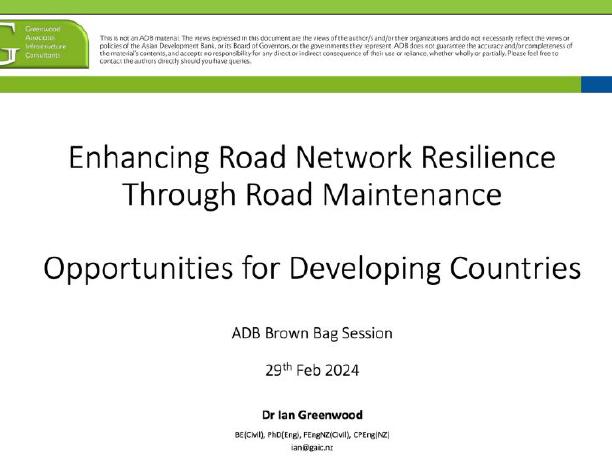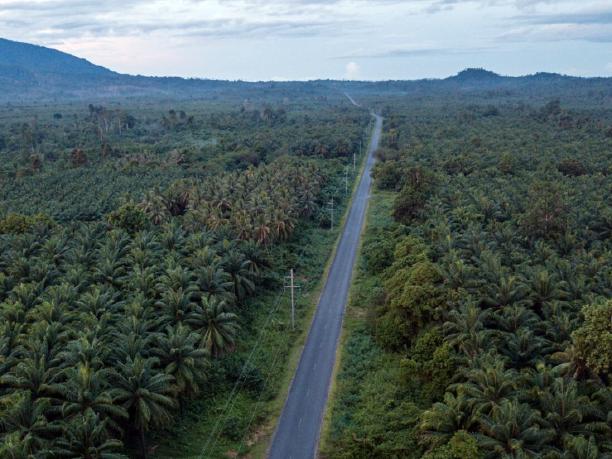Vanuatu

Bridging Island Communities
ADB, New Zealand, and the Government of Vanuatu are improving and expanding maritime connections to bridge communities, bring services closer to the people, and support economic growth.
Listen to the article
The Ministry of Foreign Affairs and Trade oversees most of New Zealand’s official development assistance (ODA).
New Zealand’s ODA is primarily focused on the Pacific region, reflecting the country’s strong historical and cultural ties. Nearly 60% of the ODA funding is allocated to Pacific developing member countries. In addition, New Zealand prioritizes initiatives in Southeast Asia, including ASEAN countries such as Cambodia, Indonesia, the Lao People’s Democratic Republic, the Philippines, and Viet Nam, as well as Myanmar* and Timor-Leste.
The International Development Cooperation (IDC) Priorities Framework guides New Zealand’s ODA efforts, emphasizing long-term outcomes in areas such as environmental protection, climate change, women’s equality, human rights, child and youth well-being, and conflict prevention and resolution. These crosscutting issues are integrated into all IDC program initiatives to ensure a holistic approach to development. Furthermore, New Zealand continues to provide substantial humanitarian support in response to natural disasters and conflicts.
New Zealand is a founding member of ADB and has, since 1966, committed $214.8 million to ADB special funds. Of this commitment, $199.9 million is for the Asian Development Fund (ADF). The ADF provides grants to ADB’s low-income, developing member countries to help reduce poverty and improve the quality of life.
*Effective 1 February 2021, ADB placed a temporary hold on sovereign project disbursements and new contracts in Myanmar.
1 August 2024
ADB and the Government of Fiji have signed a $70 million loan agreement to support Fiji in building resilience against disasters and to help spur sustainable growth in the country.
11 December 2024
ADB and the Government of Solomon Islands have signed a $30 million policy-based concessional loan to strengthen reforms focused on improving the country’s fiscal position as well as meeting its international climate change commitments and efforts in mitigation and lowering emissions.
6 June 2024
ADB and the Government of Nauru have signed a $5 million policy-based grant agreement to help assist Nauru introduce a gender-responsive fiscal sustainability approach aimed at reducing debt, improving debt management practices, raising revenue, supporting state-owned enterprises, and helping the country’s most vulnerable citizens.
19 April 2024
The Government of New Zealand has committed $25 million to ADB’s Energy Transition Mechanism Partnership Trust Fund to support the shift toward clean, sustainable energy in Southeast Asia.
29 April 2024
ADB joined the Government of Kiribati and other development partners in a groundbreaking ceremony to officially mark the first step toward the construction of the largest solar photovoltaic plant in Kiribati.
12 April 2024
ADB and the Government of Tonga signed a $10 million policy-based grant agreement to help expedite economic recovery from disasters caused by natural hazards and health emergencies.
19 Nov 2024
ADB and the Government of Tuvalu signed a grant agreement amounting to $16.53 million to support the improvement of water supply and sanitation management in Funafuti.
ADB and New Zealand collaborated on several knowledge products and events including the following:

This presentation gives an overview of New Zealand’s Ministry of Foreign Affairs and Trade updates and operations in the Pacific Region.

The presentation discussed the lessons learned from New Zealand’s operational road resilience.

The Asia and the Pacific Food Security Forum 2024 was held on 9–12 April 2024 in Manila, Philippines to discuss actions to ease a worsening food crisis in the region, and to improve long-term food security by strengthening food systems against the impacts of climate change and biodiversity loss among stakeholders in Asia and the Pacific.

This presentation discussed a new methodology for evaluating road criticality by quantifying redundancy’s impact on reducing transport disruptions from climate-related hazards.
Active trust funds are those a) with ongoing projects; or b) with no active projects but have remaining funds.
New Zealand contributes to ADB’s development initiatives through two key avenues: Cofinancing and Special Funds.
Sovereign Cofinancing. In 2024, New Zealand supported the Pacific island countries through $18.6 million in grant cofinancing and technical assistance. It committed $4.5 million to Solomon Islands to strengthen reforms aimed at improving the country’s fiscal position, meeting its international climate change commitments, and efforts in mitigation and lowering emissions. It also committed $4.3 million to help Tuvalu improve water supply and sanitation management in Funafuti. Through the project, Tuvalu for the first time will construct a reticulated water supply network, which will benefit more than half of the country’s population. In addition, New Zealand provided $2.5 million to support Fiji in accelerating reforms to improve the business and finance environment, bolster resilience through improved resource mobilization, and increase the efficiency of public investment to support critical climate adaptation and mitigation priorities.
Nonsovereign Cofinancing. The Trade and Supply Chain Finance Program (TSCFP) supported over 120 transactions valued at $33 million with a bank domiciled in New Zealand from 2009 to 2024. During the same period, the TSCFP supported 380 New Zealand exports and/or imports valued at $165.5 million. In 2024 alone, the TSCFP supported 48 New Zealand exports valued at $29.8 million. Exports and/or imports were mainly to/from Bangladesh, Pakistan, and Mongolia. Underlying goods involved mostly food and agriculture-related goods, raw and non-energy commodities, as well as textiles and apparel.